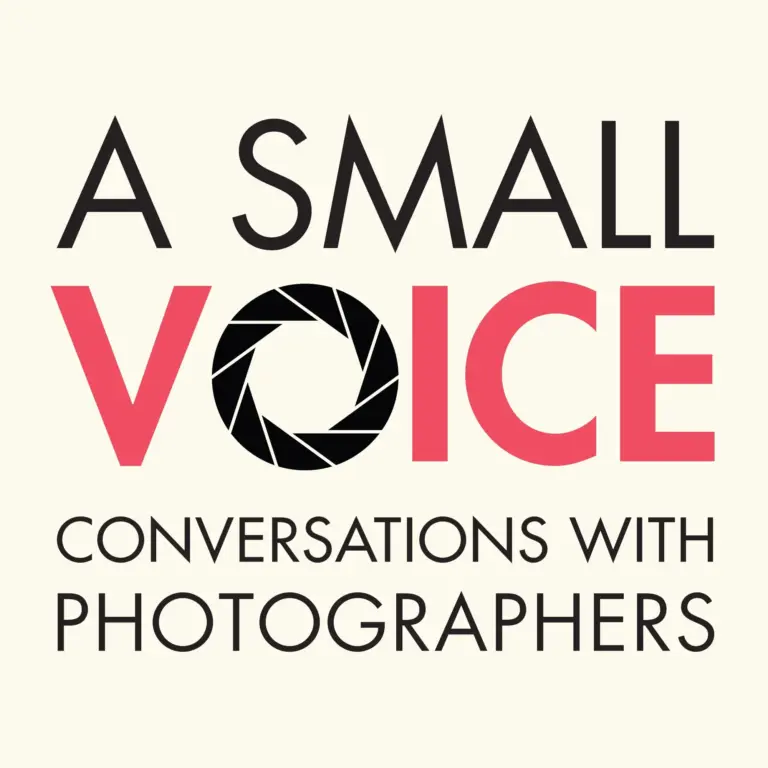
Abdulhamid Kircher is an artist from Queens, New York. He was born in 1996 in Berlin to German and Turkish parents, and immigrated with his mother to the United States at the age of eight. His work is a living archive of place and people, as it is also a dedication to the language of photography, the mechanics and aesthetic possibilities of the form. Through his devotion to classical forms of image making and the radical experimentation required for each of his subjects, his process bridges the idea between document and narrative. He received his BA in Culture and Media from The New School in 2018 and his MFA in Visual Arts from the University of California San Diego in 2022. Abdul currently lives and works between Berlin and Los Angeles.
Abdul’s debut photobook, Rotting From Within, was recently published by Loose Joints in June this year (2024). In it Abdul explores identity, patriarchy, generational trauma and the possibility of reconciliation in a diaristic project between Berlin and Turkey. A solo exhibition of the work is currently on show at the Carlier Gebauer gallery in Berlin until the 31st August. The 53 minute documentary film, Noch ein Kind (Still a Kid), 2024, by Abdul’s childhood friend Maxi Hachem, a Lebanese-German filmmaker based in Berlin, is also being screened as part of the exhibition. His documentary investigates the complex relationships and wounded history of Rotting from Within spanning the past three years between Berlin and Turkey.
In episode 237, Abdul discusses, among other things:
- His early life “dragging bags of weed around the house”
- The history of paternal abuse in his family
- How he ended up moving from Berlin to New York
- How he got into photography through Tumblr
- How his interest in photography drove the reconnection with his father
- Where the books title stems from
- Parallels between his mum and grandmother
- Keeping a diary since highschool
- His obsessive nature and tendency for self-flagellation
- His partner, Zoe, who contributed text to the book
- How the documentary his friend Maxi Hachem shot, Noch Ein Kind (Still A Kid)
- How the work has been received as an exhibition
- How the process of making the work may or may not have helped him
“I love it, but it’s beyond love because it feels like something that I just need to do. That’s why I was talking about photography being such an intuitive thing in my head, it’s because I don’t really have an option. I need to take these photographs, I need to make these photographs, and it’s not really something I have power over. And I think that’s the scary bit, it’s that yes I love it for what it’s allowed me to explore and allowed me to sort of open up to the world, but in that way it’s also become a burden.”
- Become a full tier 1 member here to access exclusive additional subscriber-only content and the full archive of previous episodes for £5 per month.
- For the tier 2 archive-only membership, to access the full library of past episodes for £3 per month, go here.
- Subscribe to my weekly newsletter here for everything A Small Voice related and much more besides.
- Follow me on Instagram here.
- Build Yourself a Squarespace Website video course here.